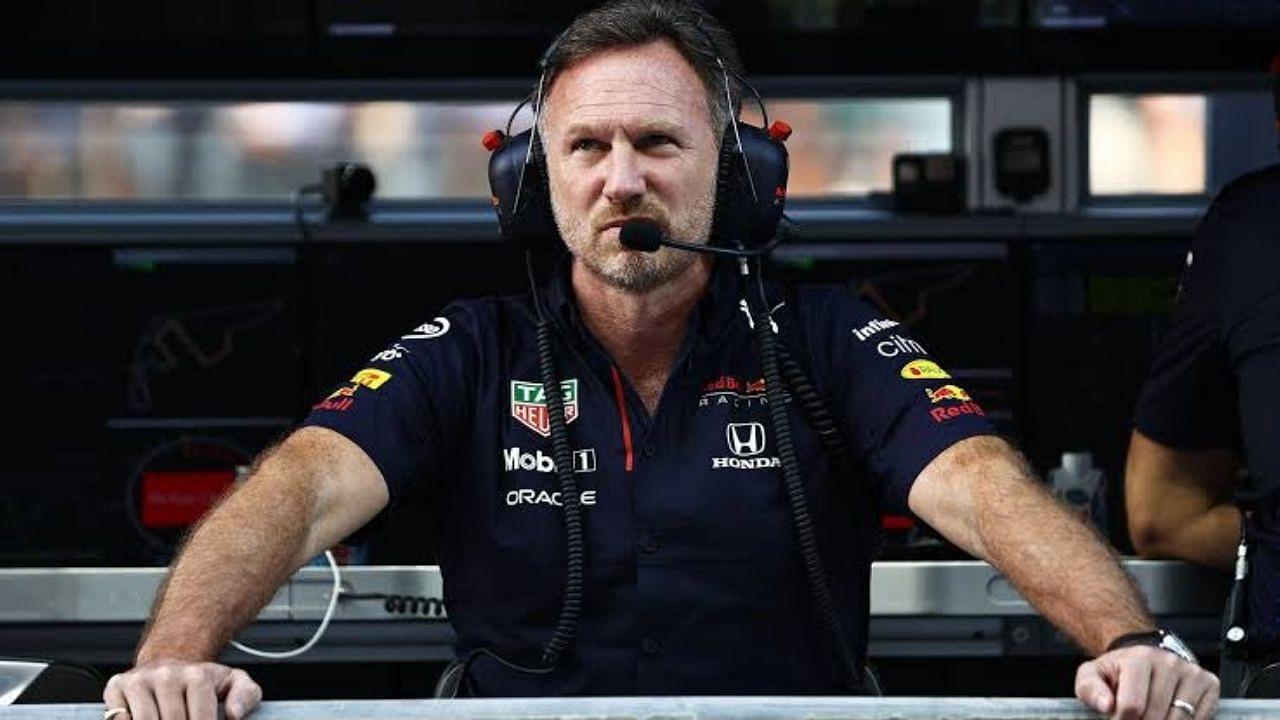Christian Horner doesn’t think that the $200million dilution fee for the new F1 teams is not pointless, instead it proves the worth.
The Andretti group has been trying hard to add itself in the Formula 1 grid. So far, the proposal by Mario Andretti has not been welcomed with open arms.
For starters, Red Bull boss Christian Horner thinks that it would be unfair for the current F1 teams to pay for the new F1 team. Considering, the F1 annual money division would be between 11 teams and not 10. So, it would affect every current team’s pocket.
But as of now, the anti-dilution fee of $200million fee in the current Concorde agreement has been rendered pointless. Despite the fact that Horner and his counterpart Toto Wolff have made continued calls for a marquee teams to prove its worth.
Michael Andretti reportedly spoke to F1 team principals in Miami, looking for signatures for his petition to waive the $200 million F1 entry for new teams.
McLaren and Alpine are reportedly the only teams who agreed.
— FormulaRacers (@formularacers_) May 10, 2022
Horner now claims that the purpose behind the fee was that it adds an intrinsic value to the entrant. He claims that it was only a step to see that the new team has longer goals.
“What that essentially does, it puts an intrinsic value or minimum value on any entrant, you know, from P10 upwards, I think that you’ve got to look longer term,” said Horner.
Also read: Max Verstappen preps himself for Spanish GP by jetskiing; F1 Twitter trolls Ferrari
Christian Horner claims lower placed teams no longer fight for survival
Horner claims that for the first time, the F1 teams don’t see themselves not being able to carry themselves any longer. He says all the teams including the last placed team is currently financially healthy.
“I think it’s the first time in memory that we’ve got 10, healthy franchises, 10 healthy teams,” Horner added. “There was always a team, you know, the last couple of teams would always be fighting to survive.”
“whereas now they’re in a position where they can actually plan for the future, they can look forward rather than just being in the present,” he said further
“The 200 million is a significant amount of money. But you know, in this business, and when you divide it by the participants, it doesn’t go a long way.
“It’s a one-shot, it’s not 200 million every year. So, you know, at the end of the day, a conversation like this will always come down to economics.”




